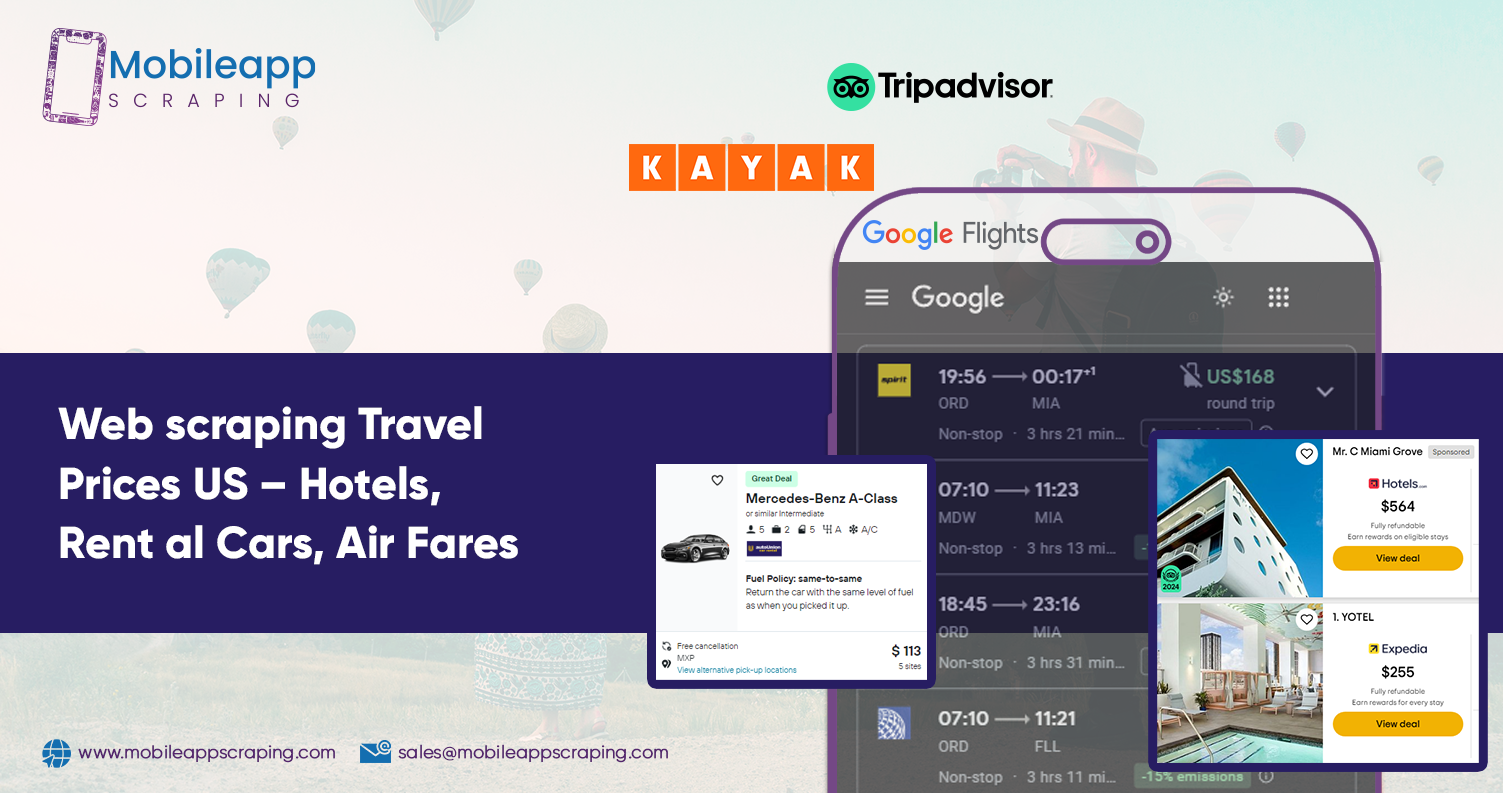
Web scraping Travel Prices US – Hotels, Rental Cars, Air Fares
Introduction
The travel industry is fast-paced and highly competitive, with prices constantly fluctuating based on demand, seasonality, and availability. For travelers, getting the best deals on hotels, rental cars, and airfares often involves hours of browsing multiple websites. For businesses in the travel sector, staying ahead requires analyzing large volumes of data to provide competitive pricing or improve services. This is where web scraping travel prices in the US come into play.
In this blog, we'll explore the power of web scraping in the travel industry, focusing on scraping hotel prices US, scraping rental car rates US, and airfare scraping US. We'll discuss how businesses and travelers can leverage this technology to gain actionable insights, optimize costs, and stay competitive.
By leveraging tools that can scrape hotel prices US, scrape rental car US rates, and extract airfare scraping US data, businesses and consumers can unlock access to real-time travel price comparisons, resulting in smarter decisions and better deals.
The Importance of Price Tracking in the Travel Industry
Travel prices fluctuate constantly. A study by CheapAir found that airfare prices can change up to 130 times a day, making it nearly impossible for the average consumer to keep track. Similarly, hotel prices vary based on location, demand, and special events, while rental car prices are influenced by local availability and peak seasons.
In the face of such complexity, automatically extracting and analyzing pricing data is crucial. Using web scraping travel prices US, businesses can track competitors’ rates, identify market trends, and adjust their pricing strategies accordingly. For consumers, it allows real-time access to the best deals on travel services.
What Is Web Scraping?
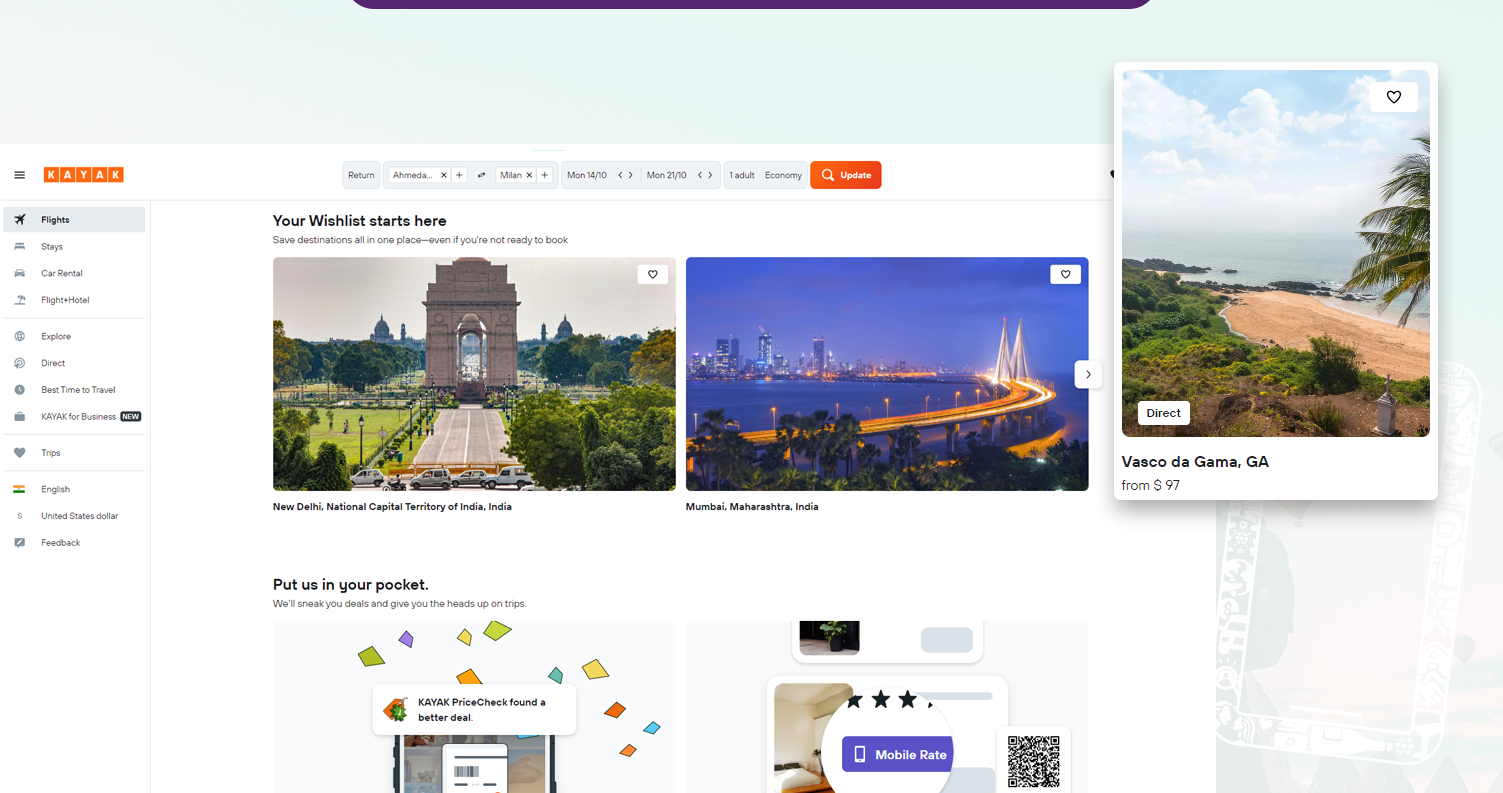
Web scraping is an automated process of extracting data from websites. In the travel industry, it can be used to collect data from online travel agencies (OTAs), airline websites, hotel booking platforms, and car rental services. This scraped data can then be analyzed for trends, pricing changes, and competitor offerings.
With the help of web scraping tools and APIs, businesses can efficiently capture hotel prices, airfare rates, and rental car information. For instance, a hotel prices US API allows travel platforms to gather real- time pricing data from various booking sites, ensuring users get the best deals.
Web Scraping Use Cases in the Travel Industry
1. Scraping Hotel Prices US
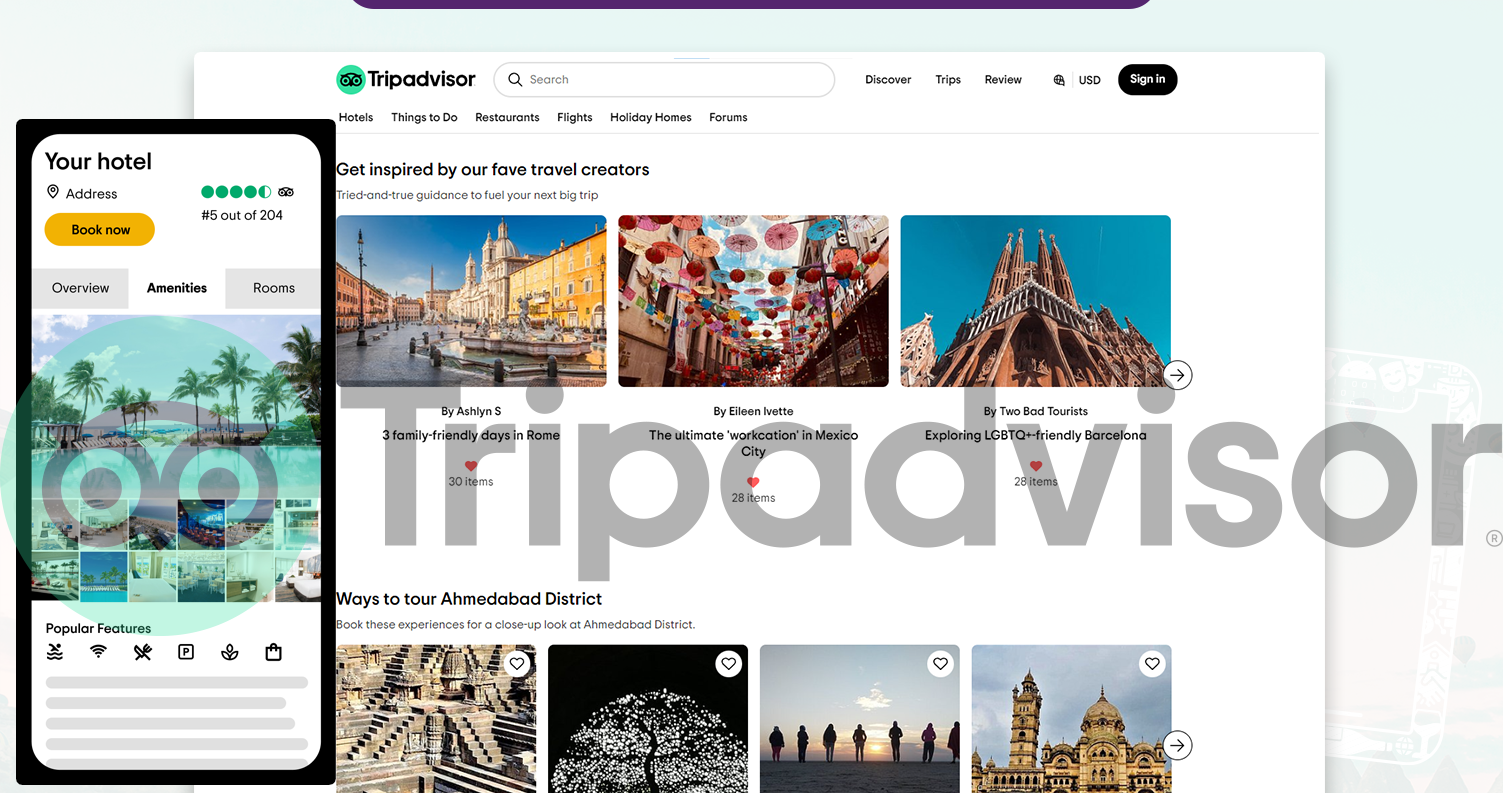
The hotel industry is highly competitive, and pricing strategies vary by platform and booking date. By scraping hotel prices US services, travel agencies and businesses can collect and analyze hotel rates across different regions and booking platforms.
This data provides valuable insights into market conditions, enabling businesses to adjust their pricing based on demand and competition. For instance, a travel platform can offer dynamic pricing based on competitor rates, helping them attract more customers.
Case Study: TripAdvisor
TripAdvisor uses web scraping techniques to gather and aggregate hotel price data from online travel agencies. By offering users the ability to compare prices from multiple sources, TripAdvisor ensures customers get the best possible deal. This strategy has helped the platform become one of the most popular travel comparison websites, saving travelers an average of 30% on bookings.
Example
A travel agency can use hotel prices US data collection to monitor hotel rates in popular destinations like New York City or Las Vegas. By scraping data from various OTAs, they can analyze patterns, such as peak pricing during holidays or special events. This information can then be used to promote discounted packages during off-peak periods, increasing occupancy rates.
2. Scraping Rental Car Rates US
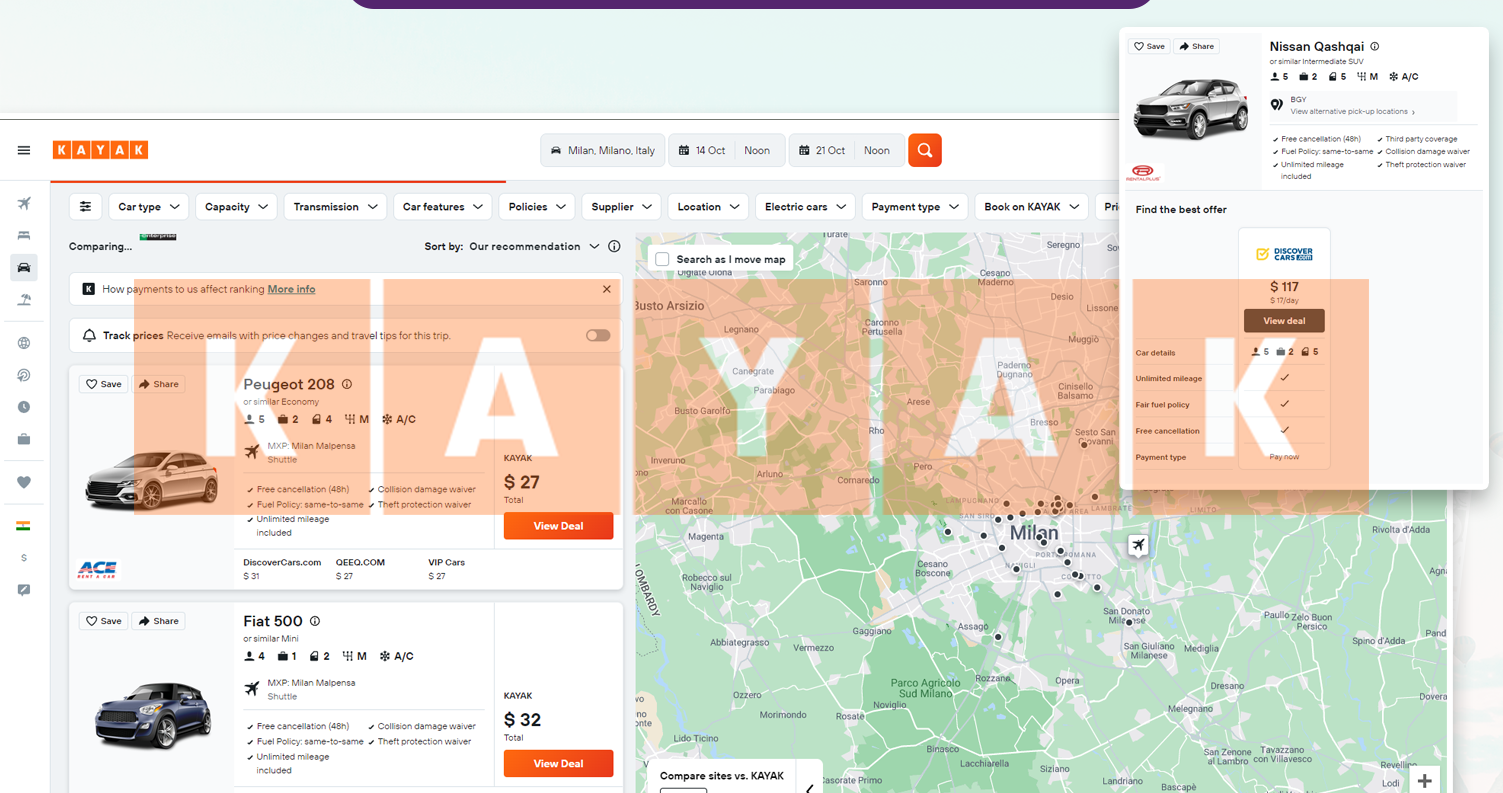
Rental car pricing can be highly volatile, influenced by location, demand, vehicle availability, and seasonality. For example, car rental rates tend to skyrocket during peak travel seasons such as summer holidays or long weekends.
By scraping rental car rates US, companies can track the real-time availability and pricing of rental cars across multiple platforms. This data is beneficial for businesses looking to adjust their rates dynamically to stay competitive or offer better deals to customers.
Case Study: Kayak
Kayak uses scraping rental car US prices to help customers find the best deals on car rentals. By comparing prices from different rental agencies, Kayak can recommend the most affordable options, helping travelers save up to 25% on their rental bookings. This strategy has helped Kayak remain a leader in the online travel industry.
Example
Imagine a car rental company that operates in multiple US cities. By scraping rental car rates from its competitors in each location, it can identify pricing trends and adjust its rates accordingly. If a competitor in Los Angeles suddenly drops its prices due to a surplus of vehicles, the company can respond by offering promotions or discounts to remain competitive.
3. Airfare Scraping US
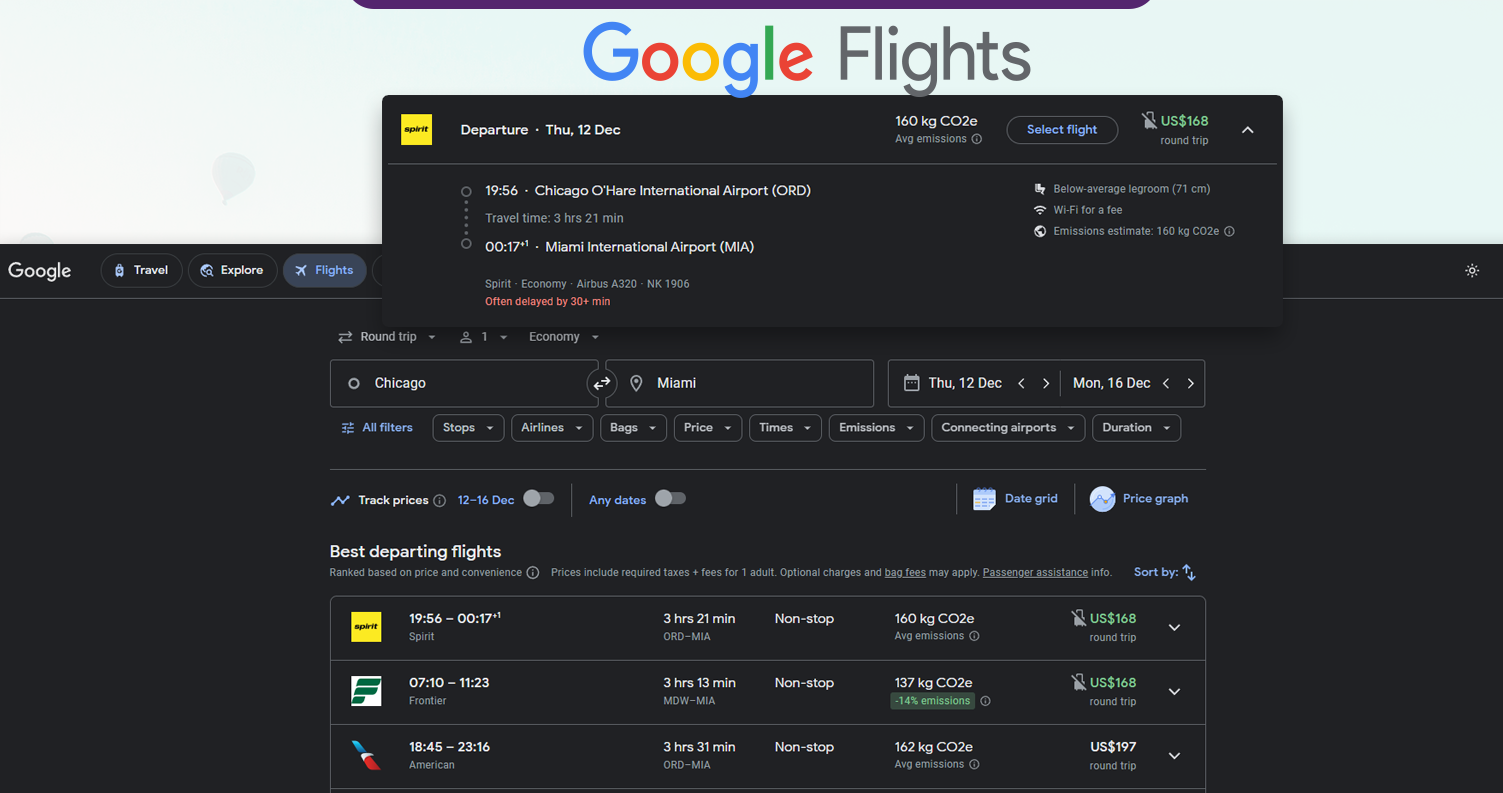
Airfare is the most volatile aspect of travel pricing. Factors like fuel prices, weather conditions, and seat availability can cause rates to fluctuate wildly. A report from Hopper shows that airfare prices can change up to 10 times per day for domestic US flights. Monitoring these changes in real time is essential for travelers and businesses to make cost-effective decisions.
Using airfare scraping US, companies can collect data from airline websites and travel platforms, providing insights into the best times to book flights and how pricing varies between airlines. This data can be used for fare prediction models, enabling businesses to offer consumers more accurate price forecasts.
Case Study: Google Flights
Google Flights uses airfare scraping US datasets to give users real-time flight price information. They aggregate data from multiple airlines and online travel agencies, allowing users to compare prices and choose the best options. Additionally, Google Flights uses predictive analytics to notify users when prices will likely increase, helping them make more informed booking decisions.
Example
A travel platform that offers flight booking services can benefit from airfare scraping US by monitoring how prices fluctuate on major US routes, such as Los Angeles to New York or Chicago to Miami. By identifying patterns, such as lower fares on Tuesdays or during certain times of the year, the platform can recommend the best times for users to book flights, improving customer satisfaction and boosting sales.
Benefits of Web Scraping Travel Prices US
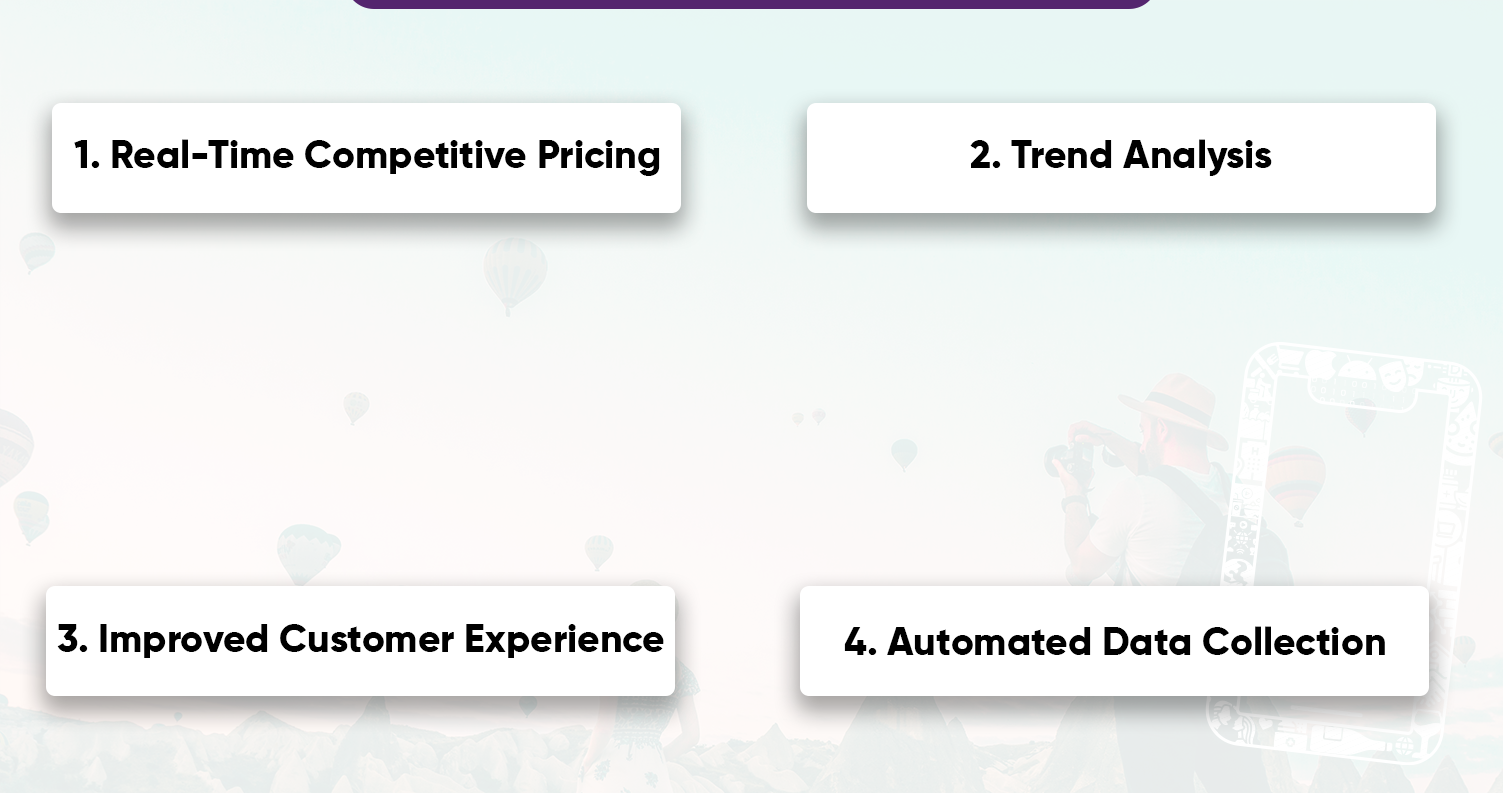
1. Real-Time Competitive Pricing
For businesses in the travel sector, web scraping travel prices US provides real-time access to competitor rates, allowing for dynamic pricing strategies. Travel platforms, hotels, and car rental companies can adjust their prices in response to changes in the market, ensuring they remain competitive.
2. Trend Analysis
Businesses can identify pricing trends over time by collecting historical data through web scraping. For example, analyzing hotel prices US extraction data can reveal which seasons are most expensive for bookings and allow businesses to create promotional strategies for off- peak times.
3. Improved Customer Experience
Accessing real-time travel prices across multiple platforms enhances consumers' booking experience. Travel platforms can offer personalized recommendations based on a user’s travel preferences and budget using tools like airfare scraping US datasets.
4. Automated Data Collection
Web scraping automates the process of collecting and analyzing travel prices, saving businesses time and resources. This automation allows companies to focus on refining their services and improving the customer experience rather than manually monitoring competitor rates.
Challenges in Web Scraping Travel Prices
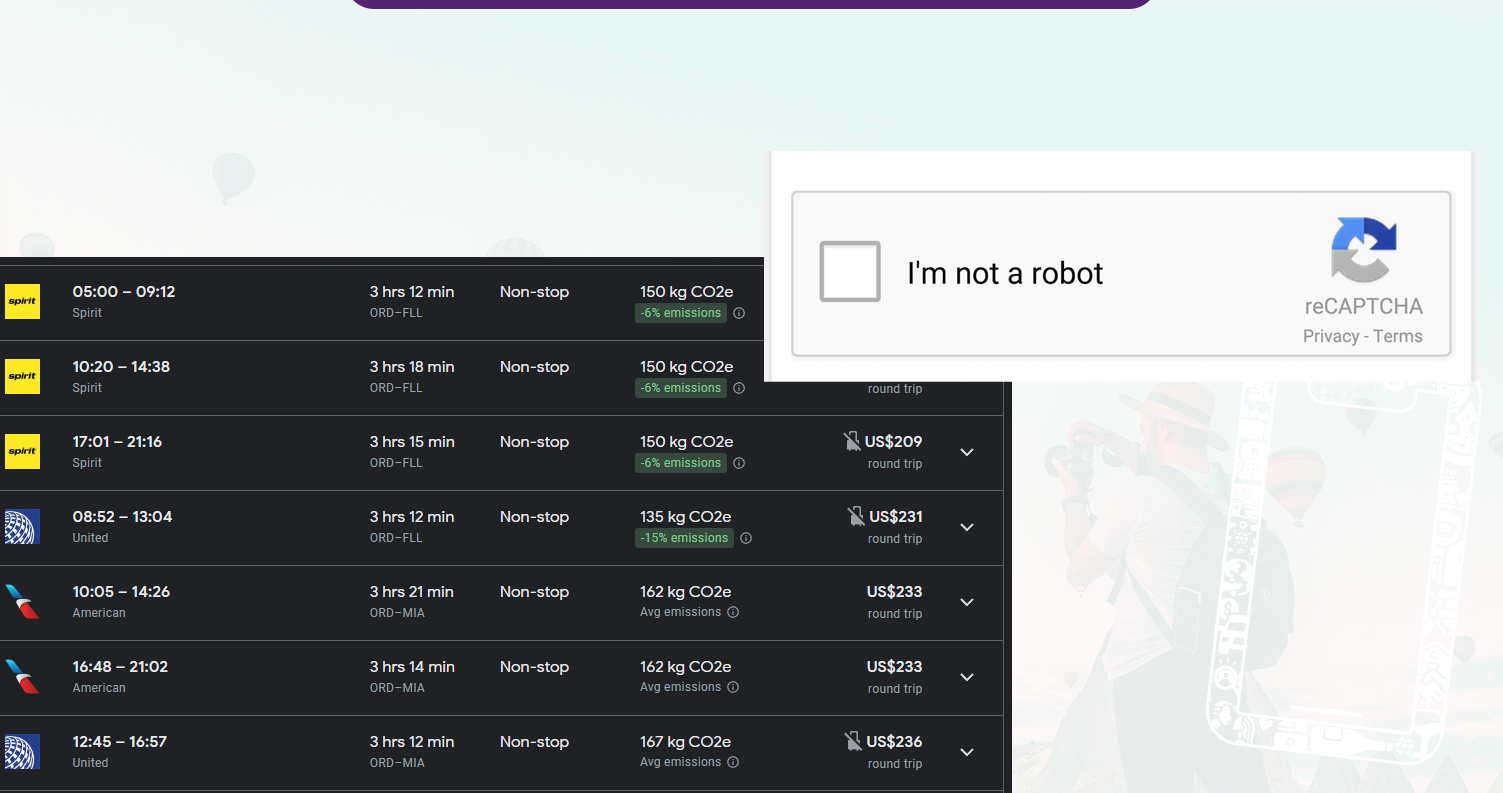
While scraping hotel prices US, rental car rates, or airfare is highly beneficial, it comes with specific challenges:
Legal and Ethical Concerns:Some travel websites block scraping bots or have policies prohibiting scraping. Businesses must use ethical scraping practices and abide by legal regulations.
CAPTCHAs and Anti-Scraping Technologies:Many travel sites implement CAPTCHAs or IP blocks to prevent scraping. Businesses may need to invest in tools or services to bypass these protections.
Data Volume:Managing and analyzing large datasets from web scraping can be overwhelming. Companies must have the infrastructure to store, process, and analyze the data effectively.
Conclusion
In the competitive travel industry, web scraping travel prices in the US is an invaluable tool for both businesses and consumers. From scraping hotel prices in the US to monitoring airfare scraping in the US, the ability to extract, analyze, and utilize pricing data in real time can make all the difference in securing the best deals and optimizing business strategies.
By leveraging tools like hotel prices US APIs or airfare scraping US datasets, businesses can stay ahead of competitors, improve pricing strategies, and deliver better customer experiences. While challenges like legal issues and anti-scraping technologies exist, the benefits far outweigh the risks, making web scraping a critical component of modern travel services.
Ready to take your travel business to the next level with web scraping? Start extracting valuable travel data today with Mobile App Scraping to optimize your pricing and services!